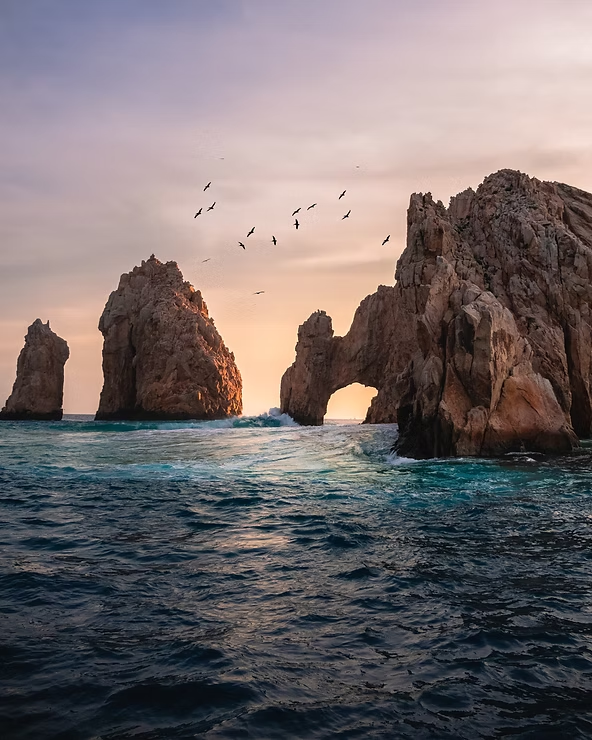The Ocean: A Life-Giving Force
Just as the human body is made up of approximately 60% water, about 71% of the Earth is covered by oceans. Water is the essence of life, and nowhere is this more evident than in the oceans, which harbor a staggering variety of life forms.
Why Oceans Are Important
Oceans are vital to life on Earth. Even NASA searches for water on other planets as an indicator of possible life. While we have discovered only a fraction of the life that oceans contain, what we know already highlights their immense ecological significance.
Key Benefits of Oceans
- Oceans are home to countless species, from tiny fish to enormous whales.
- They provide food for millions of people worldwide.
- They support global trade and transport, sustaining economies and livelihoods.
Are We Threatening Our Oceans?
Despite their importance, oceans face severe threats. Industrialization and urbanization have led to alarming amounts of waste entering the seas, destroying natural habitats and putting countless species at risk.
Steps to Protect Our Oceans
- Industries must properly treat and dispose of waste materials.
- Water pollution should be minimized to protect marine life.
- Oceans should never be used as dumping grounds.
- Governments and individuals alike should actively safeguard marine ecosystems.
In conclusion, oceans are a life-giving force that sustains the planet. Protecting them is both a shared responsibility and a necessity for the survival of countless species, including humans.

